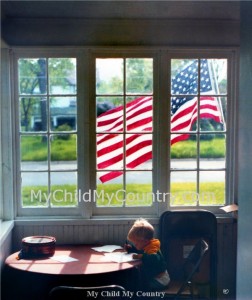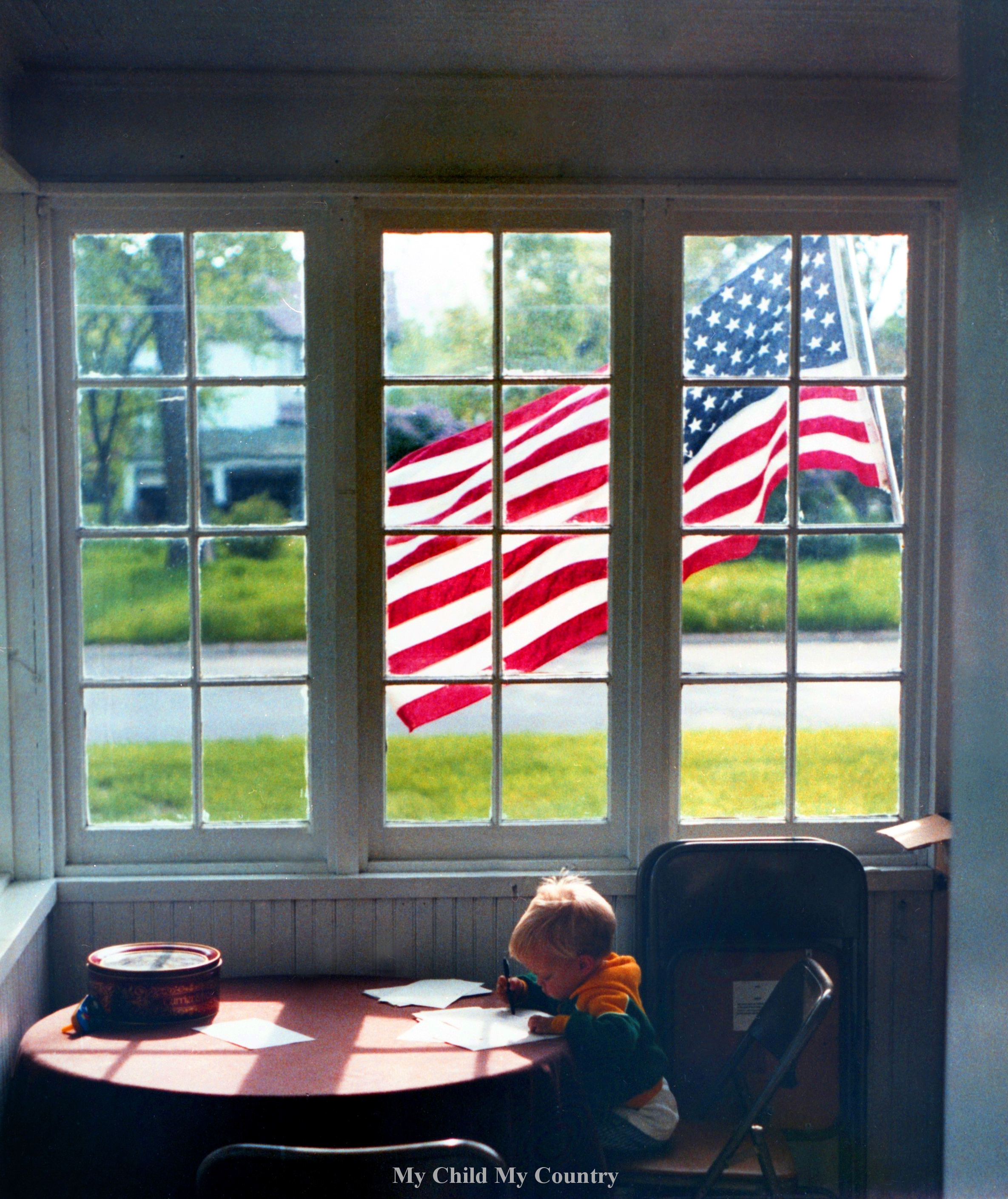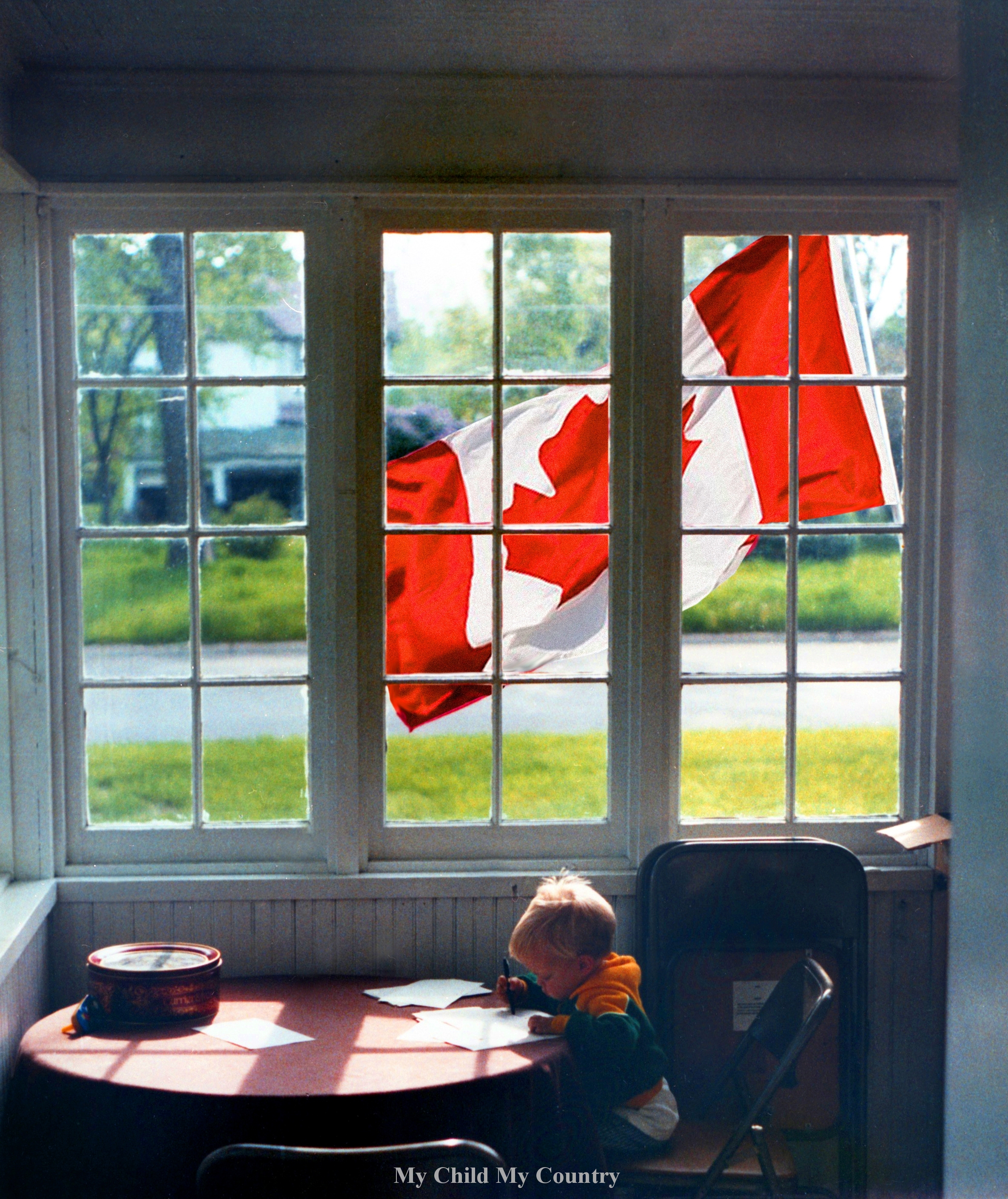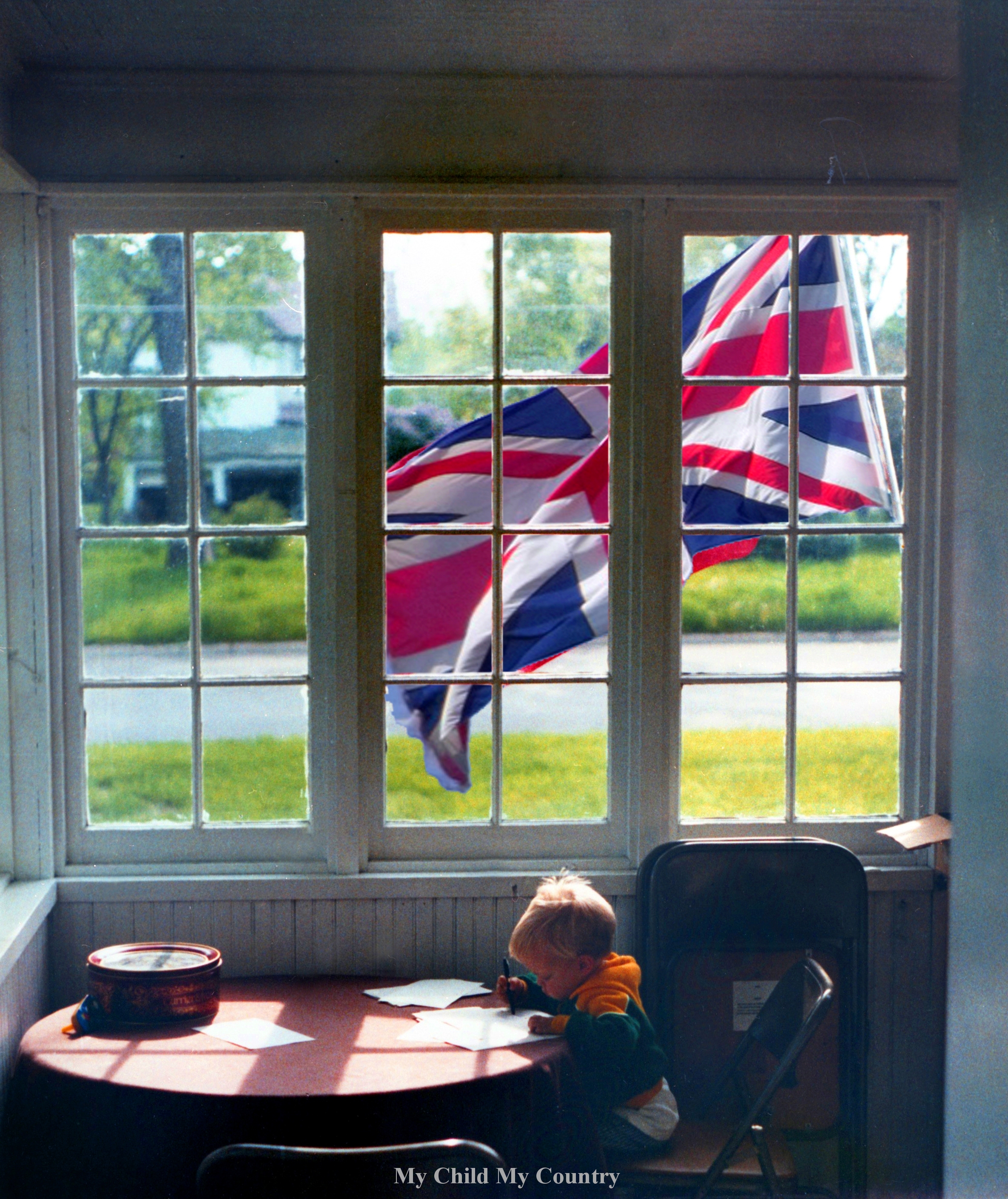We compare 44 President’s quotes in history to 45. This proves that Trump is inept, unqualified, unprepared, corrupt, incapable of the truth, without conscience, without honor, lacks empathy, and is truly what psychiatrists call a malignant narcissist. Our Democracy is shaking and if elected again, we and the World will be slaves to the rich and powerful. Dictatorship will follow. We will be publishing quotes from former Presidents every day for 44 straight days and compare them to 45, our current President YAHOO. We are on # 36 (thirty-six).
Lyndon B. Johnson 
36th President of the United States
Lyndon Baines Johnson, often referred to by his initials LBJ, was an American politician who served as the 36th president of the United States from 1963 to 1969. Formerly the 37th vice president from 1961 to 1963, he assumed the presidency following the assassination of President John F. Kennedy. A Democrat from Texas, Johnson also served as a United States Representative and as the Majority Leader in the United States Senate. Johnson is one of only four people who have served in all four federal elected positions. Born in a farmhouse in Stonewall, Texas, Johnson was a high school teacher and worked as a congressional aide before winning election to the US House of Representatives in 1937. Johnson won election to the United States Senate from Texas in 1948 after winning the Democratic Party’s nomination by an extremely narrow margin with fraudulent votes that were manufactured by friendly political machines.[2] He was appointed to the position of Senate Majority Whip in 1951. He became the Senate Minority Leader in 1953 and the Senate Majority Leader in 1955.
He became known for his domineering personality and the “Johnson treatment”, his aggressive coercion of powerful politicians to advance legislation. Along with Speaker of the U.S. House of Representatives Sam Rayburn, Senate Majority Whip Earle Clements, and House Majority Whip Carl Albert, Johnson did not sign the 1956 Southern Manifesto drafted by Dixie South Democrats in the 84th U.S. Congress, despite all representing states where racial segregation of public schools had been legally required prior to the 1954 Brown v. Board of Education U.S. Supreme Court case.[3] As Majority Leader, Johnson shepherded to passage the Civil Rights Acts of 1957 and 1960; the first civil rights bills passed by the U.S. Congress since the Reconstruction Era (1863–1877).
Johnson ran for the Democratic nomination in the 1960 presidential election. Although unsuccessful, he accepted the invitation of then-Senator John F. Kennedy of Massachusetts to be his running mate. They went on to win a close election over the Republican ticket of Richard Nixon and Henry Cabot Lodge Jr. On November 22, 1963, Kennedy was assassinated and Johnson succeeded him as president. The following year, Johnson won in a landslide, defeating Senator Barry Goldwater of Arizona. With 61.1 percent of the popular vote, Johnson won the largest share of the popular vote of any candidate since the largely uncontested 1820 election. In domestic policy, Johnson designed the “Great Society” legislation to expand civil rights, public broadcasting, Medicare, Medicaid, aid to education, the arts, urban and rural development, public services and his “War on Poverty”. Assisted in part by a growing economy, the War on Poverty helped millions of Americans rise above the poverty line during his administration.[4] Civil rights bills that he signed into law banned racial discrimination in public facilities, interstate commerce, the workplace and housing; the Voting Rights Act prohibited certain requirements in southern states used to disenfranchise African Americans. With the passage of the Immigration and Nationality Act of 1965, the country’s immigration system was reformed, encouraging greater emigration from regions other than Europe. Johnson’s presidency marked the peak of modern liberalism after the New Deal era.
In foreign policy, Johnson escalated American involvement in the Vietnam War. In 1964, Congress passed the Gulf of Tonkin Resolution, which granted Johnson the power to use military force in Southeast Asia without having to ask for an official declaration of war. The number of American military personnel in Vietnam increased dramatically, from 16,000 advisors in non-combat roles in 1963 to 525,000 in 1967, many in combat roles. American casualties soared and the peace process stagnated. Growing unease with the war stimulated a large, angry antiwar movement based chiefly among draft-age students on university campuses.
Johnson faced further troubles when summer riots began in major cities in 1965 and crime rates soared, as his opponents raised demands for “law and order” policies. While Johnson began his presidency with widespread approval, support for him declined as the public became frustrated with both the war and the growing violence at home. In 1968, the Democratic Party factionalized as antiwar elements denounced Johnson; he ended his bid for renomination after a disappointing finish in the New Hampshire primary. Nixon was elected to succeed him, as the New Deal coalition that had dominated presidential politics for 36 years collapsed. After he left office in January 1969, Johnson returned to his Texas ranch, where he died of a heart attack at age 64, on January 22, 1973.
Johnson is ranked favorably by many historians because of his domestic policies and the passage of many major laws that affected civil rights, gun control, wilderness preservation, and Social Security, although he also drew substantial criticism for his escalation of the Vietnam War.
Lyndon Baines Johnson:
“The secretary of Labor is in charge of finding you a job, the Secretary of the Treasury is in charge of taking half the money away from you, and the Attorney General is in charge of suing you for the other half.”
“You ain’t learnin’ nothin’ when you’re talkin”
“Words wound. But as a veteran of twelve years in the U.S. Senate, I happily attest they do not kill.”
“We did not choose to be the guardians at the gate. But there is no one else.”
“We must be constantly prepared for the worst and constantly acting for the best-strong enough to win a war and wise enough to prevent one.”
“Poverty has many roots, but the tap root is ignorance.”
“The world is engaged in a race between education and chaos.”
“Once we considered education a public expense; we know now that it is a public investment.”
“Justice means a man’s hope should not be limited by the color of his skin.”
“Giving a man a chance to work and feed his family and provide for his children does not destroy his initiative. Hunger destroys initiative. Ignorance destroys initiative. A cold and indifferent government destroys initiative.”
“This administration, today, here and now, declares unconditional war on poverty in America. Our objective is total victory.”
“The women of America represent a reservoir of talent that is still underused. It is too often underpaid, and almost always underpromoted.”
“Only two things are necessary to keep a wife happy. One is to let her think she is having her way, and the other is to let her have it.”
“Being President is like being a jackass in a hailstorm. There’s nothing to do but stand there and take it.”
Donald Trump:
Dodging Taxes ‘Makes Me Smart’
“That makes me smart.”
—Responding to Hillary Clinton’s suggestion that he pays no federal income tax (Sept. 26, 2016)
Draft-Dodging Trump Says POW McCain ‘Not A War Hero’
“He’s not a war hero. He’s a war hero because he was captured. I like people that weren’t captured.”
—On John McCain, despite the fact that Trump himself dodged the draft to avoid the Vietnam War
Trump Mocks Reporter With Disability
“Now, the poor guy—you’ve got to see this guy, ‘Ah, I don’t know what I said! I don’t remember!'”
—Mocking New York Times investigative reporter Serge Kovaleski, who has a physical disability called arthrogryposis that limits flexibility in his arms, by jerking his arms in front of his body
Donald Trump Brags About His Temperament
“I’m also honored to have the greatest temperament that anybody has.”
—November 3, 2016
“So bleach kills the virus on contact. Is there a way we can inject it?” April, 2020 during a public news conference at the White House.






Thank you for any other excellent post. Where else could anybody get that kind of info in such a perfect manner of writing?
I have a presentation subsequent week, and I’m at the search for such
info. adreamoftrains best web hosting